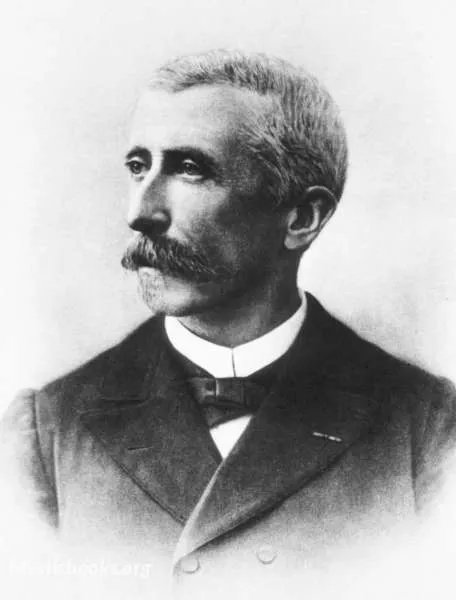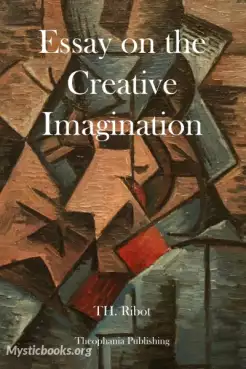
Timeline
Title
Country/Nationality
Théodule-Armand Ribot
Théodule-Armand Ribot was a French psychologist. He was born at Guingamp, and was educated at the Lycée de St Brieuc. He is known as the founder of scientific psychology in France, and gave his name to Ribot's Law regarding retrograde amnesia.
In 1856 he began to teach, and was admitted to the École Normale Supérieure in 1862.
He passed his agregation in philosophy, this allowed him to teach in high school. He worked as a high school teacher in Vesoul (1866–1868), and then in Laval (1868–1872).
On the 9 April 1888 at The Collège de France he gave the first lecture in psychology in France.
In 1885 he gave a course of lectures on Experimental Psychology at the Sorbonne, and in 1888 was appointed professor of that subject at the College of France. His thesis for his doctors' degree, republished in 1882, Hérédité: étude psychologique (5th ed., 1889), was his most important and best-known book.
L'Hérédité psychologique is considered to have introduced Darwinian and Spencerian evolutionary ideas to France.
Following the experimental and synthetic methods, he brought together a large number of instances of inherited peculiarities. He paid particular attention to the physical element of mental life, ignoring all spiritual or nonmaterial factors in man. In his work on La Psychologie anglaise contemporaine: l'école expérimentale (1870), he showed his sympathy with the sensationalist school, and again in his translation of Herbert Spencer's Principles of Psychology.
In 1896 he introduced the term Anhedonia describing the inability to feel pleasure.
Books by Théodule-Armand Ribot

Essay on the Creative Imagination
"It is quite generally recognized that psychology has remained in the semi-mythological, semi-scholastic period longer than most attempts at scientific formulization. For a long time it has been the "spook science" per se, and the imagination, now an...